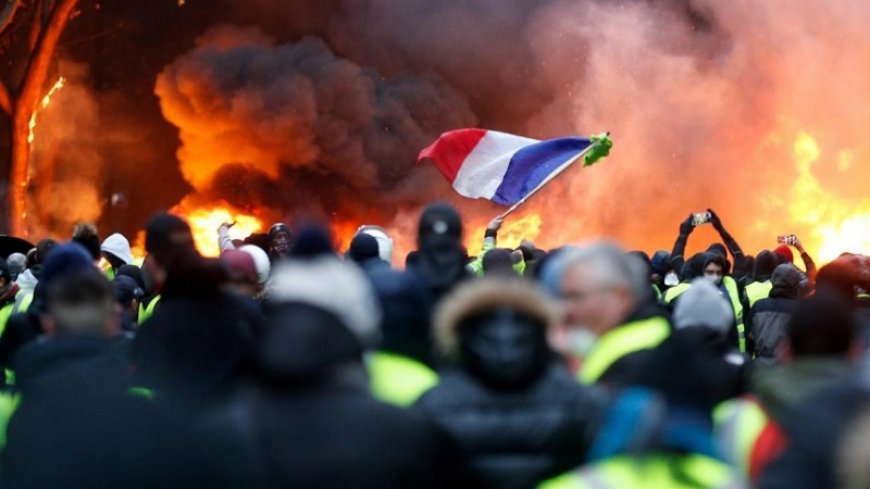Profile control: what are other countries doing to put an end to it?
Profile control: what are other countries doing to put an end to it?

The death of Nahel, killed at the age of 17 by the shooting of a police officer, sparked riots across France and at the same time revived the thorny question of police discrimination, in particular that of racial profiling in France. Are other countries in Europe or the Americas doing better in this area? All it took was a spark for the underlying anger of young people from working-class neighborhoods to resurface. This time, the trigger was the death of Nahel, killed at the age of 17 by the shooting of a police officer on June 27 in Nanterre. For many observers, recurring police checks and discrimination of all kinds partly explain the outbreak of violence that has engulfed many French cities. Because the control to the facies is a discrimination which continues. In France, young men perceived as black and Arab are twenty times more likely than others to be controlled, according to a study conducted in 2016 by the Defender of Rights.
The use of police numbers and the code of ethics in France
During the 2012 presidential campaign, François Hollande promised to put an end to it. It is clear that the practice remains. "The increasing number of racial identity checks is the breeding ground on which the fire is spreading today", analyzes the sociologist specializing in security and police issues Sébastian Roché, guest of the program Ma France, June 30 on France Bleu. To put an end to it, solutions have been put forward. The socialist president had proposed the idea of issuing a receipt containing the reason for each identity check as well as the name of the police officer in order to better regulate the practice. The idea, considered too bureaucratic, was finally buried by Manuel Valls in September 2012, to the chagrin of the associations.
There was also talk of placing a body camera on each police officer. Tested in certain cities, the device, expensive, had no positive effect in this area, by the admission of the director general of the national police (DGPN) Éric Morvan. This system did not make it possible to determine the abusive nature of the control. Manuel Valls finally set up the display of police numbers. Its principle? If a person believes that they have been the victim of abusive control, they can take note of the number of the agent which appears on their uniform and enter directly the IGPN, the "police of police" on the Internet. Finally, the code of ethics of the police has been reformed.
Less insult, but discrimination still present
“We have been able to see that the programs aimed at raising the awareness of the police on this issue have had an effect on practices, indicates Anaik Purenne, sociologist, research fellow at the University of Lyon. France. Nevertheless, this racism manifests itself, as in the rest of society, in a more veiled way. French police officers tend to use more relaxed language or a more frequent use of familiarity with some. A much less professional attitude than that observed in Anglo-Saxon countries".
Does this mean that the problem is better managed abroad? Not sure. A report published a year after the Black lives matter protests drawn on 35,000 European Union (EU) citizens showed that police officers in member states checked the identity of 34% of people from ethnic minorities , compared to only 14% of the EU population as a whole. Among the worst performers: Italy, Sweden, the Netherlands and Portugal. In the latter two, Roma reported high levels of discrimination. Respectively 86% and 84% of the Roma people interviewed said they had been victims of racial profiling by the police.
American and Canadian experiences
Across the Atlantic, other experiments have been conducted with varying degrees of success. In the United States, there is no federal legislation on identity checks, each state determines its own practices. In New York, the police, who must have "reasonable doubt" to carry out an inspection, give the people concerned a sheet informing them of the procedure and their rights. No receipt is given. But here again, the devices are still far from satisfactory because the profiles of black or Hispanic people remain more controlled than others, according to a report published in 2020 by Data Collaborative for Justice.













































